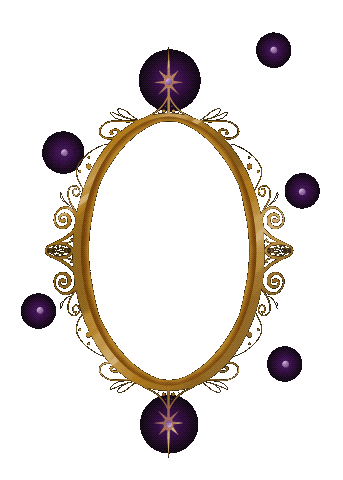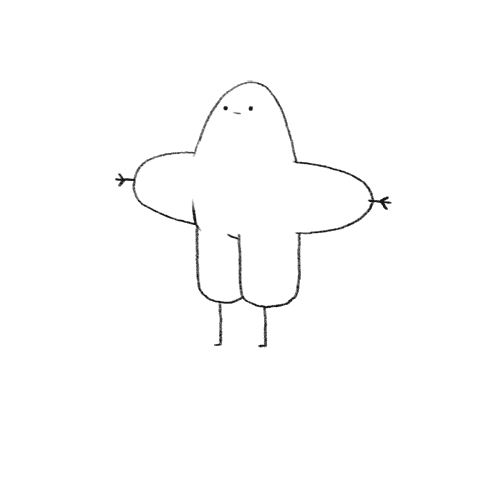





I find the concept of the internet as a ‘black mirror’ quite fascinating. Technology can mirror the blackest aspects of human nature. We see this in the deep web, trafficking sites, pornography, etc. This can even be seen on a much shallower level of cyberbullying. The internet can make it so much easier to do bad when hiding behind the screen. And just like the internet can be used for connection to friends and family, it can be used for criminal connections as well. Russell focuses on the exploration of identity and freedom that the internet can offer, but it is important to remember that for every good thing the internet can be used for, it can be used for 100 bad things (or is it the other way round?). This reminds me of the Shoshana Zuboff video we watched, and how she discussed that innocently uploading a photo to Facebook can lead to your data being used in prison camps. The internet should be (and often is) a direct reflection of what you use it for, but the mirror may be blacker than we realize.






I believe that the ‘digital skin’ that Russell discusses is more prevalent now than ever. She discusses the high-femme, white, cisgender ‘ideal’ digital identity. I think this look is very popular with influencers, in particular Twitch streamers. Twitch streamers, more so than Instagram models or Tiktok fashionistas, very much subscribe to this ideal and in fact rely on it for income. (I should put a disclaimer here that I don’t really watch Twitch streamers and the only ones I know of are the ones that have been involved in controversies, so my opinion may be a bit skewed). Many of the Twitch streamers I know of take this fairytale look even further with makeup and clothing to make themselves look more like an animated character. The typical ‘gamer girl’ persona is often oversexualized, and while I believe the women that participate in this digital skin see it as a way to reclaim their femininity and subvert the gender expectations (ask not what you can do for misogyny, but what misogyny can do for you!), I think Russell brings up a fair point in that others may see this as upholding the current power structures. And unfortunately, although women may be empowered by presenting themselves this way online, it is important to remember that the people viewing their content may still use this as an excuse to objectify them and uphold the power dynamic against women. It is a fine line to walk, and unfortunately I don’t think there is a right answer or a solution to this problem.






